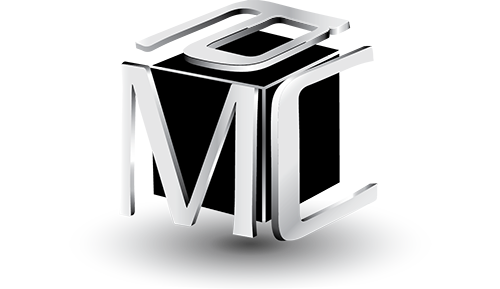
Through People


I’m often impressed by the results of a robust talent assessment process. Invariably, organizations that take the time and effort to do effective talent assessments create a clear picture of the overall capability of their organization. Invariably, robust assessments also uncover hidden talent gems; leaders discover that they have more internal capability than originally expected. They identify employees who can be expanded or take on more responsibility that were not on everyone’s radar screen.
Let me describe what I mean by a robust talent assessment process.Many talent assessments are based on the observations of a single person – typically an employee’s boss. For a variety of reasons, this limited perspective seldom provides an accurate or reliable assessment of an employee’s present performance or future capability. It seems that familiarity breeds non-objectivity.
It is much more effective to get multiple perspectives during a talent review. Input should come from not just the employee’s boss but from peers, other leaders, the boss’s boss, etc. There have been times when I specifically limited the contributions by the immediate manager if I felt the organization had a history of hiding talent or limiting internal movement.
Robust talent assessments are behavior-based and objective. I usually go into a talent review looking for evidence of specific competencies and facilitate the discussions to elicit behavioral examples of those competencies – what the person actually did and what impact the action had on others or the business. I emphasize to the assessors to avoid inferences about personality traits or why a person behaves the way they do. These types of assessments are unreliable and provide no useful purpose. (That’s why my bias is to do talent reviews “live” through facilitated discussions with teams of leaders and not have managers fill out forms.)
Finding hidden talent also requires a change in perspective about performance and potential. There are competencies that drive job performance and there are competencies that give an indication of future potential. The content and results of a talent review can be significantly enhanced by assuring that the assessors understand the competencies that make a difference. For example, “functional knowledge” often gets too much emphasis in talent reviews and in determining who to hire or promote. Functional knowledge is important but is not the best predictor of performance or potential. It is also a competency that can be typically learned after a short time in the new role.
Leaders also tend to lean towards candidates that had the exact previous experience so that the person can “hit the ground running” in a new role. Conversely, I emphasize that leaders should be looking for someone who can “hit the ground developing”; for whom the new role provides a unique challenge that will create an opportunity to enhance the employee’s skill set and add to the overall capability of the organization. Potential should be given equal (if not more) weight than performance in assessing talent.
Your best source of top talent may be right under your nose. But it takes a robust assessment process and a new perspective on talent to uncover it.